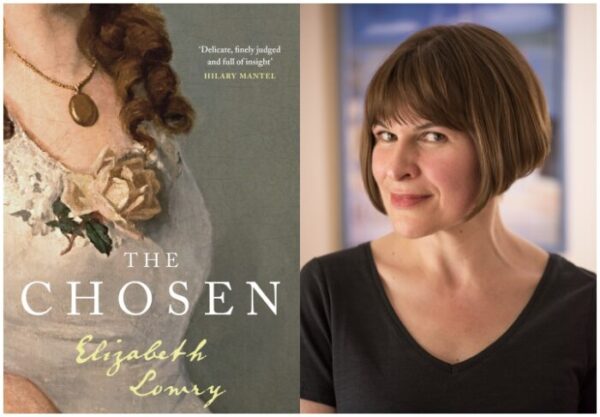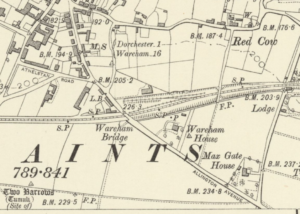Elizabeth Lowry interview: “Here was a puzzle. How did it all go so wrong?”
27th April, 2023
Elizabeth Lowry tells us why she was inspired to investigate the puzzle of Thomas Hardy’s first marriage, and how she feels about being shortlisted for a historical fiction prize.
Being shortlisted for the Walter Scott Prize is the most tremendous honour: I’m simply elated. I’m terrifically proud to be an historical novelist. Though I didn’t consciously set out to be one, the stories I’ve wanted to tell have so far all been set in the past. Past events often have an established narrative which lends itself to challenge and reinterpretation, an irresistible opportunity for a writer.
I’ve read and re-read and loved Hardy’s novels and poems for a long time. The poetry he wrote to his first wife Emma after her unexpected death in November 1912 is astonishing in its nakedness of expression and the depth of its regret and self-blame.
They’d been married for nearly forty years, but for the last twenty or so they’d lived separate lives at Max Gate, the large red brick house on the outskirts of Dorchester which he’d built for her. They had separate bedrooms; they met nightly at dinner, but hardly spoke. During the day Emma occupied a set of attics under the roof, while Tom worked in his study directly below her. And yet their courtship and early married life had started with such high hopes: once Emma was Tom’s chief champion and support, acting as his copyist and encouraging him when his career seemed to be flagging. She was involved, too, in the writing of Tess of the d’Urbervilles, the book that would make his name. Here was a puzzle. How did it all go so wrong?
Research is essential to get the ball rolling, but as soon as I feel a way into the story I stop and write for a bit. Then I do more research – sometimes a lot more – write again, and so on, back and forth for months. By this stage everything you read, every stray discovery, is answering a question – sometimes questions you didn’t even know you had.
Historical fiction offers a vital, and pleasurable, lens through which to consider the human experience in all its fleeting states.
I do believe that writing about the past creates a safe space for nuance and empathy which can extend, in turn, to our thinking about the present and future. Historical fiction offers a vital, and pleasurable, lens through which to consider the human experience in all its fleeting states.


